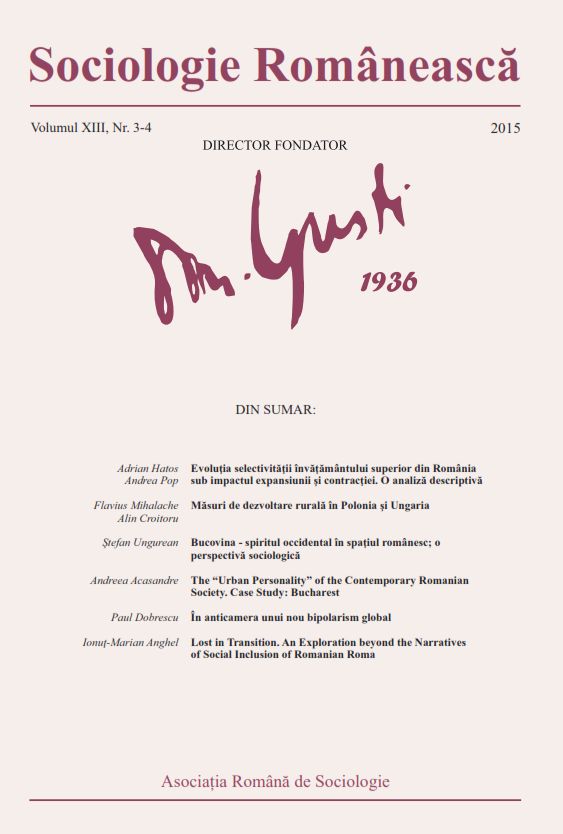Cooperarea în educaţia incluzivă: perspective comparative între sistemul românesc şi cel francez
Cooperation in Inclusive Education: Comparative Perspectives between the Romanian and the French System
Author(s): Mihaela GrasuSubject(s): Inclusive Education / Inclusion
Published by: Editura Eikon
Keywords: special educational needs; interinstitutional collaboration; teamwork; partnership with parents;
Summary/Abstract: Inclusive education means access to education for all children, regardless of their characteristics, while respecting the right of children to follow the school most appropriate to their needs. To achieve this goal, effective cooperation between all educational actors is needed. The main aim of the present article is to analyze how to work in a team, how inter institutional collaboration takes place, and how partnership with parents is conducted in inclusive education. By comparison we chose the French system, which has a long history of special education and Romanian, which inherited from the communist period an institutional system for the care of children with disabilities. This article is based on 82 individual semi-structured interviews with different categories of social actors involved in inclusive education. The main difficulties with teamwork are related to the devaluation of the work of new specialists recently introduced and to the lack of organization of the work of the specialists. Blocking information at the level of an institution is the main difficulty in interinstitutional communication. Resistance of parents to recognize children’s problems is one of the reasons why the partnership between specialists and parents does not work. The study has identified several strategies to improve the difficulties encountered: regular team meetings, partnership setting, clear objectives and rules between institutions, child service based on a contract with parents, and parent involvement in the evaluation and re-evaluation process of the child. The results of this study suggest that the process of school inclusion needs to be better supported.
Journal: Sociologie Românească
- Issue Year: 14/2016
- Issue No: 04
- Page Range: 45-56
- Page Count: 12
- Language: Romanian

